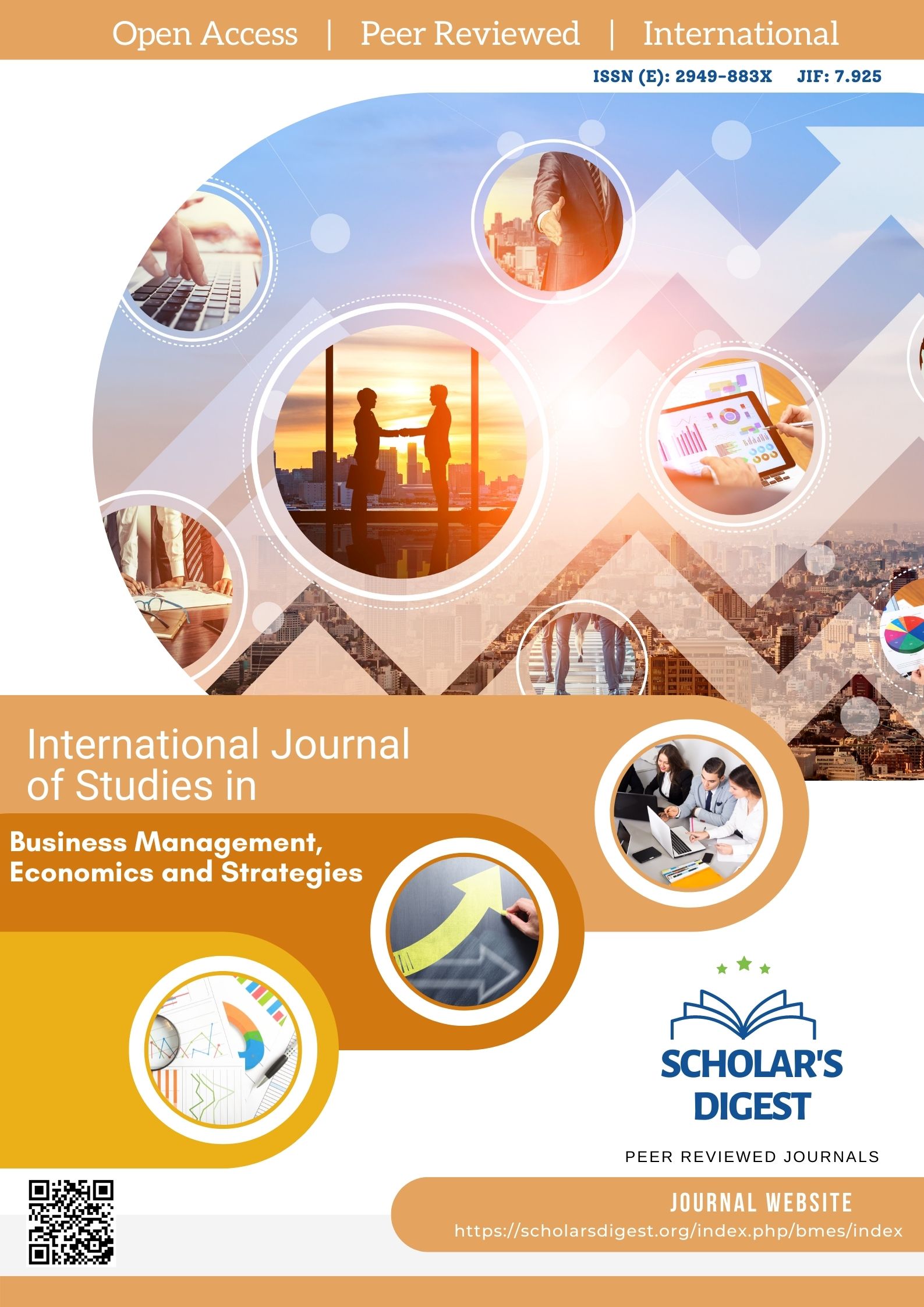FINANCIAL POLICIES DIRECTED AT EDUCATION AND THEIR IMPACT ON SOME ECONOMIC DEVELOPMENT INDICATORS IN IRAQ FOR 1990-2020
Keywords:
Financial policies, Spending on education, Health spending, gross domestic product, Economic development.Abstract
Most economic development theories have shown in their discussion and study the importance of the worker and the human element as a pivotal basis in achieving and activating development, and for this element to achieve the set goals requires a process of education, training, and qualification, as economic growth (development) theories have shown that achieving economic growth rates in the long term is attributed to progress. Technical and technological, and the latter is the result of education and training as the research problem indicates that policies directed to education, including spending on education, are not consistent with raising development indicators, as the research imposed that increasing spending on education is directly reflected in raising economic development indicators in the Iraqi economic environment. Here, it can be said that Iraq, which possesses economic and human qualifications, can achieve significant development in this sector that leads to achieving economic development through developing human capital in a way that is compatible with the requirements of development and the labor market by following proper planning to direct human and material resources to create an investment environment that guarantees good outcomes—high degree of education, training, and qualification.








